Diligent research is absolutely essential for any homeowner looking to install a photovoltaic (PV) solar panel system on their home. But at some point, you need to hand the reins over to a trustworthy contractor. To get to that point of trust, you need to ask questions to confirm you’re getting the best equipment and service for the best deal.
Don’t be shy when it comes to grilling your solar installer. A residential energy system is a sizeable investment that can help keep money in your pocket if it’s done well, and can be wasteful if it’s not. Here are some of the questions to ask an installer before signing any contracts:
Are there financing for solar panels?
Buying a solar energy system can yield an impressive return on investment and may qualify you for tax rebates. But in some circumstances, leasing a solar system or setting up a power purchase agreement may make more sense. Your contractor should be able to explain your regional options and make recommendations based on your situation and goals. Read here about the September 2019 Solar Panels Special Offer from Tesla.
Are solar panels worth the money?
To find out the dollar per kilowatt hour ($/kWh) your PV solar system will cost, divide the total cost of maintaining and installing it by the amount of electricity it will produce over its entire lifetime. Your contractor should offer a total cost estimate, a forecast for how much energy the system will produce, and a good warranty. Along with your current utility rates, this should be enough information to estimate whether your system is worth the investment.
What if my roof isn’t ideal for solar?
You may not like the answer to this question, but if your roof has less than a decade of solid performance left, you would be best to replace your roof covering before mounting solar panels. Ensure that your roof is inspected by the installer and ensured it is in good condition.
Roof orientation, pitch, and square footage are also determining factors. Your roof should be within 15 degrees of the east/west axis with a suitable pitch (angle) for your climate and sun exposure.
Are there alternative solar mounting systems?
Pole mounts are a good option if you don't have enough roof space or a clear line for solar exposure. Free-standing options include fixed, manually adjustable (move it twice a year for summer and winter optimal angle) and automatic trackers. Read here about how to choose between solar trackers and fixed solar mounts.
Trackers are quite a bit more expensive because they follow the sun, but you get more power from the existing panels. If trackers allow you to get sufficient power from fewer panels, they could justify the extra costs. However, moving parts fail; therefore, your maintenance costs may be higher as well. This is definitely a discussion worth having, and a good reason to ensure that there is a good warranty if you go with a tracking system.
Also worth considering, is a pole mount that has room for additional panels beyond your initial purchase. This may save you the cost of an additional pole if your consumption goes up in the future; it also gives you the option of starting with a smaller system while you work on reducing consumption, with space ready to add panels if necessary.
How do you size a solar panel system?
Contractors will ask about your consumption and will want to see bills to determine the size of system needed to meet your needs. It’s a good idea to decrease your home’s energy demands as much as possible before getting a solar estimate so you can meet your needs with the smallest system possible. Here are a few ways you can do that:
- replace incandescent and halogen bulbs with LED bulbs;
- replace any old and inefficient appliances with ENERGY STAR certified appliances;
- install low-flow shower heads and faucets that will reduce the demand on electric water heaters;
- if you heat with electricity, have a home energy audit done and perform necessary upgrades;
- keep electric furnaces clean and working efficiently;
- to further reduce the necessary system size, pay attention to personal habits. As a couple of examples - don’t blast your AC in the summer; wash your clothes in cold water; and turn off lights when you leave the house and even when leaving a room.
Should I install a solar battery?
Solar storage is expensive, and whether or not it’s worth the money depends on your goals. Both grid-connected and off-grid solar setups have their advantages. Off-grid solar allows for energy independence since you rely on the energy you’ve stored rather than using energy from the grid in off-hours. However, if you connect to the grid, you don’t have to spend money on battery systems and you may be able to sell the excess energy you produce back to utility companies. Read here about The latest solar home battery technology on the market.
Do solar panels have warranties?
No one likes empty promises, and no one likes a company that can’t deal with the repercussions of faulty products. Before you move forward, make sure that there’s a plan of action to handle an underperforming system, a way for you to personally keep track of your system’s performance, and someone you can directly contact if something goes wrong down the road. Make sure that the company forecasts the system’s production based on factors specific to your setup versus pointing to the manufacturer’s performance rating.
How do you get a permit for solar panels?
If your system fails to meet local codes, you may find yourself spending more money than you planned to modify it, or you may not be eligible for green home renovation tax credits and incentives. Either way, it’s worth finding someone who knows how to obtain permits and install a system according to regulations.
Will there be any additional future expenses?
Your panels will most likely be warrantied for 20-25 years (you should ensure that they are), which means that if one of them happens to stop working, the cost won’t come out of your pocket. A good panel system should be maintenance-free and for the most part be kept clean by the rain. Only an occasional hose-down should be necessary to keep them clear of debris.
Never be shy about asking your solar contractor questions. He or she should be ready and able to offer up any information that makes you feel at ease with such an important financial investment.
Do solar installers have a NABCEP certification?
A certification from the North American Board of Certified Energy Practitioners is not a prerequisite for declaring oneself a solar installer, and there are certainly experienced solar contractors who run reputable and successful businesses without it. But if you’re unsure how to validate the credentials of the installer in question, looking for one with a NABCEP certification is a safe place to start.
Now you know what to look for when . Find more pages about sustainable construction below and in the Ecohome Green Building Guide pages.
Discover all the benefits of a free Ecohome Network Membership here - promote your business and get access to discount pricing on select building materials. |





















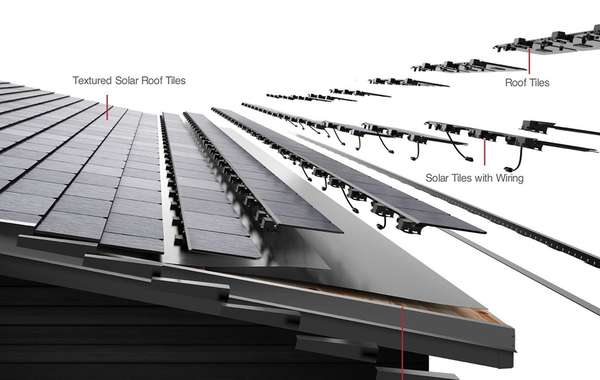
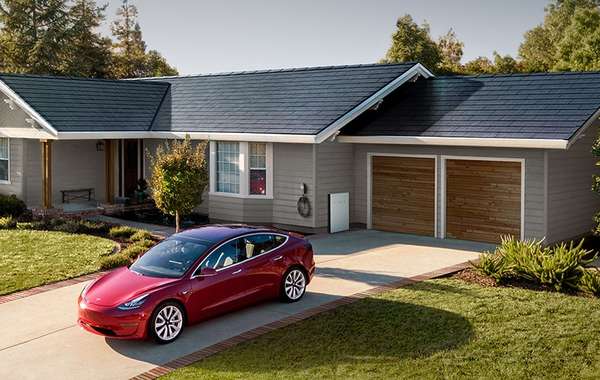

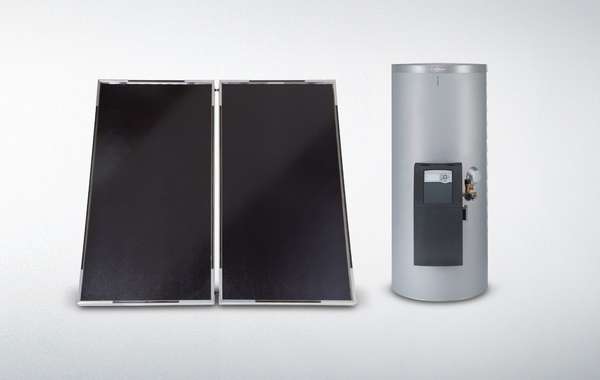



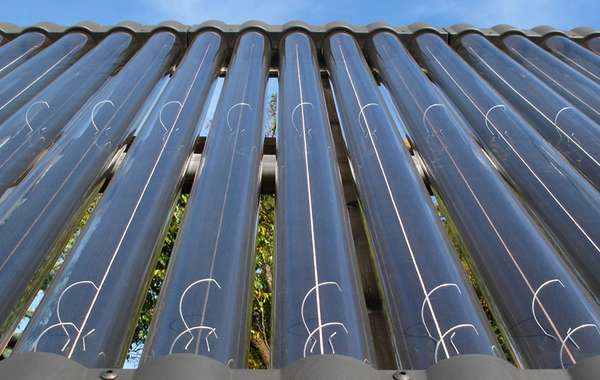
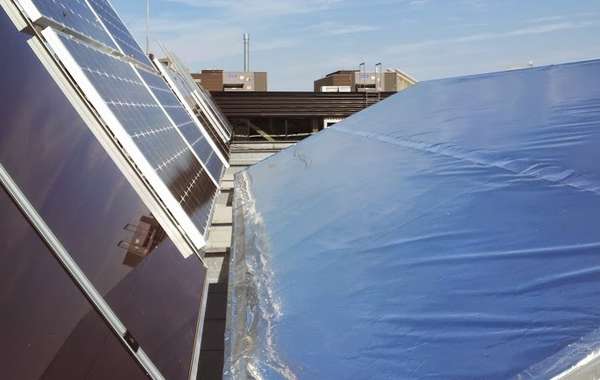
Comments (0)
Sign Up to Comment